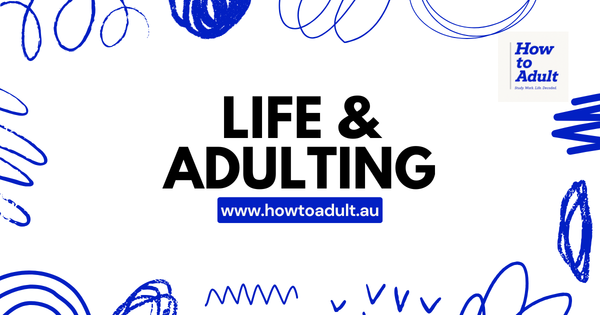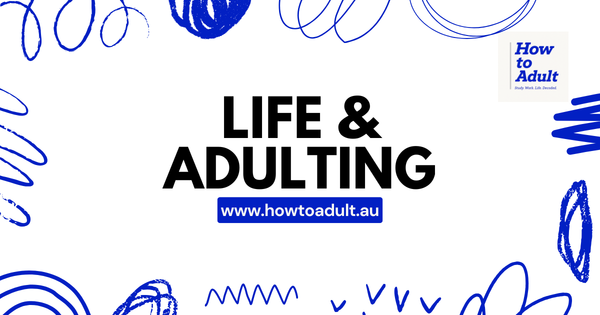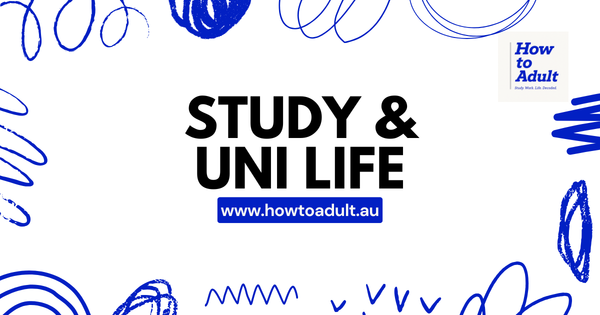No Jobs, No Worries — You Still Need a Resume
“I can’t write a resume — I’ve never had a real job.” If that sounds like you, this guide is for you. Learn how to build a strong, honest resume from scratch — even if you’re just starting out, with no experience and no clue where to begin.
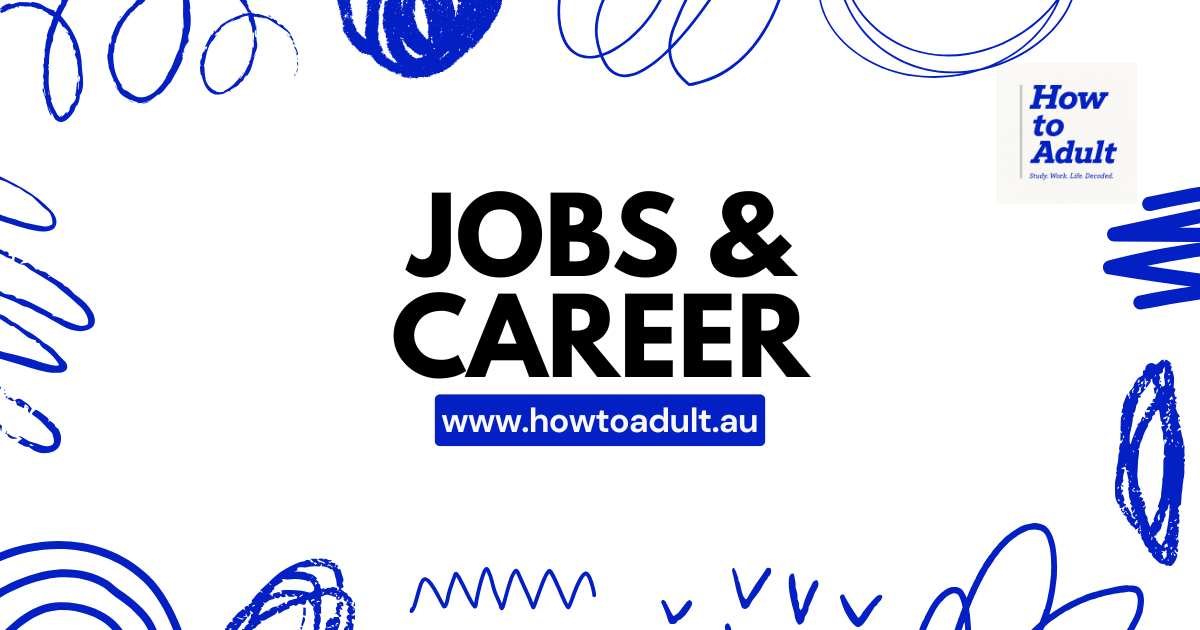
"I can’t write a resume — I’ve never had a real job."
If you’ve ever said this, you’re not alone. But here’s the truth: no one starts with experience. What matters is how you frame what you do have.
Also — let’s be real: having a resume doesn’t guarantee you a job. HR isn’t just looking for someone with experience. They’re looking for the most suitable candidate. And just because you’ve done a job before doesn’t automatically mean you’re the right fit for the next one.
So no matter where you’re at — school, uni, between jobs — it’s never too early or too late to start building your resume. Here’s how.
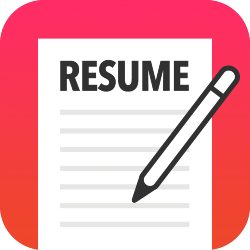
Start with the Basics
Include your:
- Full name
- Australian phone number (important!)
- Professional email address (the closer to your name, the better)
- Postcode (optional, but useful for some roles)
Tip: Avoid using overseas numbers or old emails from your home country. Save those for newsletters, not job applications.
Including a middle name is fine if it feels like part of your identity — but if you have multiple middle names, be mindful of the space they take. HR doesn’t need your full legal name unless it’s relevant to the role.
After that, remember this — your resume doesn’t need to be long. It just needs to be clear, relevant, and honest. And even if you’re just getting started, that’s more than enough.
Keep Your Personal Statement Short & Targeted
Two or three lines is enough. You’re not writing a memoir — especially not if you’re in your teens or 20s.
Tailor it to the job. Each time.
Yes, that means rewriting it for every single application.
Prioritise What Matters
You don’t always have to start with your education. Ask yourself:
- Do I have relevant experience?
- Is that experience more impressive than my grades?
If you’ve got a 7.0 GPA and no work history, sure — lead with education.
If you’ve done relevant work (paid or unpaid), put that first.
Experience Means More Than Just 'Jobs'
Relevant experience includes:
- Paid work (part-time, casual, full-time)
- Freelance or self-employed projects
- Volunteering
- Internships or placements
- Passion projects
Paid experience often holds more weight because it shows someone has trusted you and paid you — that’s value.
Be clear about the type of role: full-time, part-time, or casual. Don’t try to hide this. HR will ask — and they value honesty.
Separate paid roles from unpaid ones. And if you really have nothing relevant for the job you’re applying to… maybe don’t apply just yet. Build experience first, then apply when you’re a stronger candidate.
Skills — Keep It Balanced
Add a short section of key skills, but don’t overdo it.
Too many skills = you don’t know how to prioritise.
Include:
- 3–5 soft skills (e.g., teamwork, communication)
- 2–3 tech skills (e.g., Canva, Google Docs, HTML basics)
Make sure they’re relevant to the job. Only include “random” skills if they help you stand out in a useful way.
Referees
These are people who:
- Have known you for 6+ months
- Have agreed (in writing or verbally) to speak on your behalf
- Ideally, have supervised or worked with you in a relevant context
HR usually prefers to call them. So don’t list someone who will panic if they get a call out of the blue.
A note from Waner
No one starts out knowing everything — and that’s completely okay.
Before I got my first job at 16 in a local café, I hadn’t held a formal role. But I had completed a barista course, knew how to make proper coffee, and — more importantly — I wasn’t starting from zero. I’d been volunteering since I was 12, supporting aged care residents, mentoring younger students, and helping out with small projects at school. These early experiences, even though unpaid, gave me confidence and something real to put on my resume.
Because I started preparing earlier than most of my peers, I always had something to include. But over time, the real challenge became knowing what not to include. I’ve learned that relevance is far more important than quantity. Life — and job hunting — is a learning journey for all of us.
If there’s one thing that truly shapes your application, it’s your attitude. Not the version you intend to show — but the one the hiring team actually feels. Never apply for 10 jobs with the same resume. It’s almost always a guaranteed no. Even for volunteering roles, your resume should be tailored to the role — not just to what you personally want to highlight.
